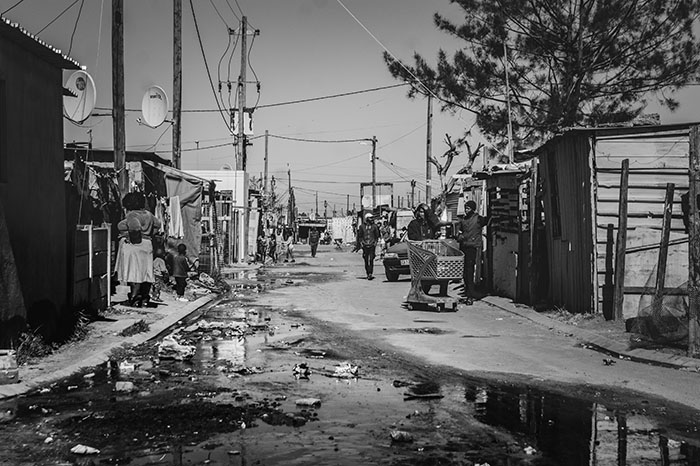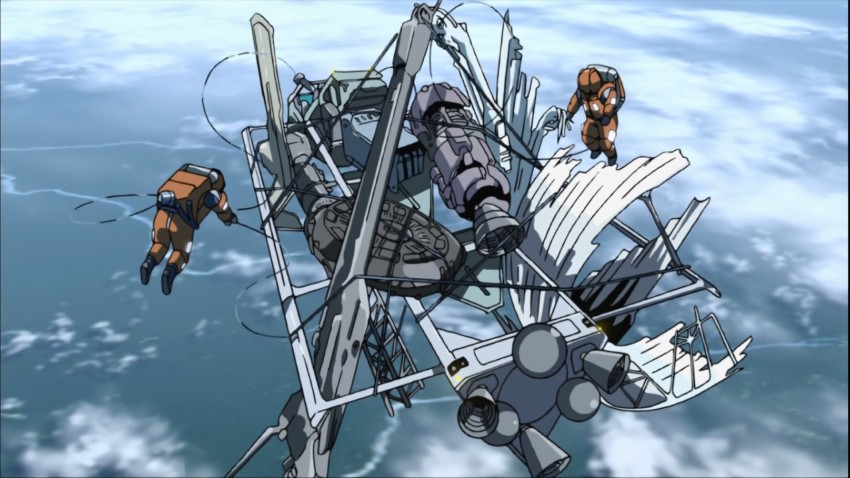
GT Proyekt Liberty Gets Green Light

An Eitoan Central Business Services RF-7a Satellite Currently In Orbit
Eitoan business will be joining The Golden Throne’s Proyekt Liberty for All (Standard Eitoan Dienstadi - Proyektu Sveboda) following yesterday’s clearance for the initiative by the Department of Posts, Broadcasting and National Standards. Authorization was requested one month ago by major Golden Throne participants, spearheaded by Voikerp International as the result of discussions between Eitoan telecoms and Voikerp at a conference in New Empire. Cooperation between the Golden Throne and Eitoan diplomats is credited with fast tracking the authorization through the approval process. The Golden Throne Commercial Attache in Vladarsik is credited with arranging speedy response to Eitoan governmental inquiries, and has been recognized in today’s announcement. Notice of Authorization was transmitted to the Proyekt Liberty Cooridnation Office in Kelso, and from there to project staff in each participating company.
Eitoan Central Business Services will be spearheading the effort, and is the major investor domestically and on continent. Joining ECBS as the “Big Four” of Proyekt Liberty on continent are media conglomerate Asterix, regional telecom YE&A, and diversified components manufacturer Glenbarr. Thirty two other Eitoan companies will participate in the venture including two specialized financiers, and four universities will be participants. ECBS is providing facilities to serve as the project nexus on continent is it’s dominant position as the internet provider in Federal Ralkovia, a result of heavy investment in the country’s communications infrastructure. Within hours of yesterday’s announcement, approval was echoed by the Occupation Broadcast and Communications Authority in Federal Ralkovia, which serves at the will of the Alliance military and holds final say over developments there. The OBCA has indicated that instructions to federal communications authorities are forthcoming, and to individual Ralkovian state officials.
Financing for the project will rely on contribution of Eitoan participants for 64% of costs, bank financing for 27%, with sales of equities accounting for the remaining 9%. The Berwyn Bank and Trust is taking the lead on bank financing.
Project Planning
Eitoan Central Business Services Chief Executive Officer Dan Basden issued a statement to the business press and stockholders today providing direction he hopes to take for Proyekt Liberty, saying
”We look forward to a great opportunity to work with our partners both in Eitoan, in Federal Ralkovia, and The Empire of The Golden Throne and Arcaenia. This represents an important step forward in business development for ECBS, and all Eitoan concerns in growth overseas, and will open up many new markets, previously thought to be untapped. This should provide a good avenue for in-house development of our technical talent also, exposing many of our most promising engineers and software professionals to challenging tasks. As our customer base expands, so will sales opportunities for Eitoan firms. My people have identified thought leaders that will be lent to Proyekt Liberty, and these will head up the operational, engineering, technical, legal, and financial teams. And I want to recognize our counterparts at Voikerp for their part in making this happen. ECBS can expect great things in the future”
Staffing is expected to draw heavily from Eitoan college graduates now working in Macabea, reversing the “brain drain” of Eitoans attracted to growth opportunities in The Golden Throne. Those Eitoans have become well versed with business practices in The Golden Throne and are expected to guide work in the planning phase and in compliance with Proyekt Liberty standards. The flow back of the brain drain can be expected to extend to ECBS employees in Federal Ralkovia, providing opportunities for advancement for freed slaves in the company’s employee. This would include graduates of Eitoan engineering schools, some of which have some second hand exposure to Golden Throne practices through contact with Eitoans returning home from study abroad.
Satellite purchases are envisioned to be from mostly domestic vendors. The most popular Eitoan communication satellites, RF-7a and RF-7b are largely compliant with project requirements. Both models operate easily within the minimum upload and download speeds, and posted latency. upgrades may be necessary for older RF-7a satellites to boost latency into the 30 to 40 ms range. Corporate planners would need to evaluate manufacturing, quality and cost for estimated satellite demand as a baseline for comparison to foreign providers. Launch capacity is thought to be adequate in Eitoan territory, although lease of part of the Eitoan Air Force’s Kraschev Launch Facility near Orav in Federal Ralkovia is said to be under consideration as a cost effective alternative.
Ground infrastructure in Eitoan should be adequate to meet the demands of the project. Low rate internet service is nearly ubiquitous, although upgrades to reach currently unprofitable remote regions of the northern frontier territories. This will be more expensive in Ralkovia, where site acquisition, preparation, and construction costs can be expected to be significant in the Federation. Occupation authorities and Foreign Affairs will most likely take an interest in extension to Ralkovian territories outside the Federation of Ralkovian States. Proyekt Liberty should become a major window on an increased standard of living and relatively free elections in the Federation for subjects of Regime Ralkovia, and developers will need to tailor mobile device applications for Regime compatible operating systems to gain a wide audience. A contrary problem is presented with respect to Raumfestung Ralkovia, where any display of prosperity in Federal Ralkovia, no matter how meager by Eitoan standards could spark overwhelming migration of starving populations into the Federation.
Some marketing effort can be expected on the part of participants, although it is not expected to be a major cost factor. Improved business bandwith would be most attractive to companies beginning to operate in Federal Ralkovia, allowing a greater range of products in manufacturing and finance compatible to Eitoan business standards. At the lower end of service, reduced costs would be more attractive to public education domestically. The entertainment world is not expected to benefit from the project in terms of domestic markets, since service is pretty well established nationwide. But there could be benefits with exposure of products to a wider audience throughout Greater Dienstad. At this time there has not been discussion of impacts on provision of governmental services outside of a possible expansion of the Eitoan Overseas Radio Ralkovian Service for wider and deeper internet content.



































